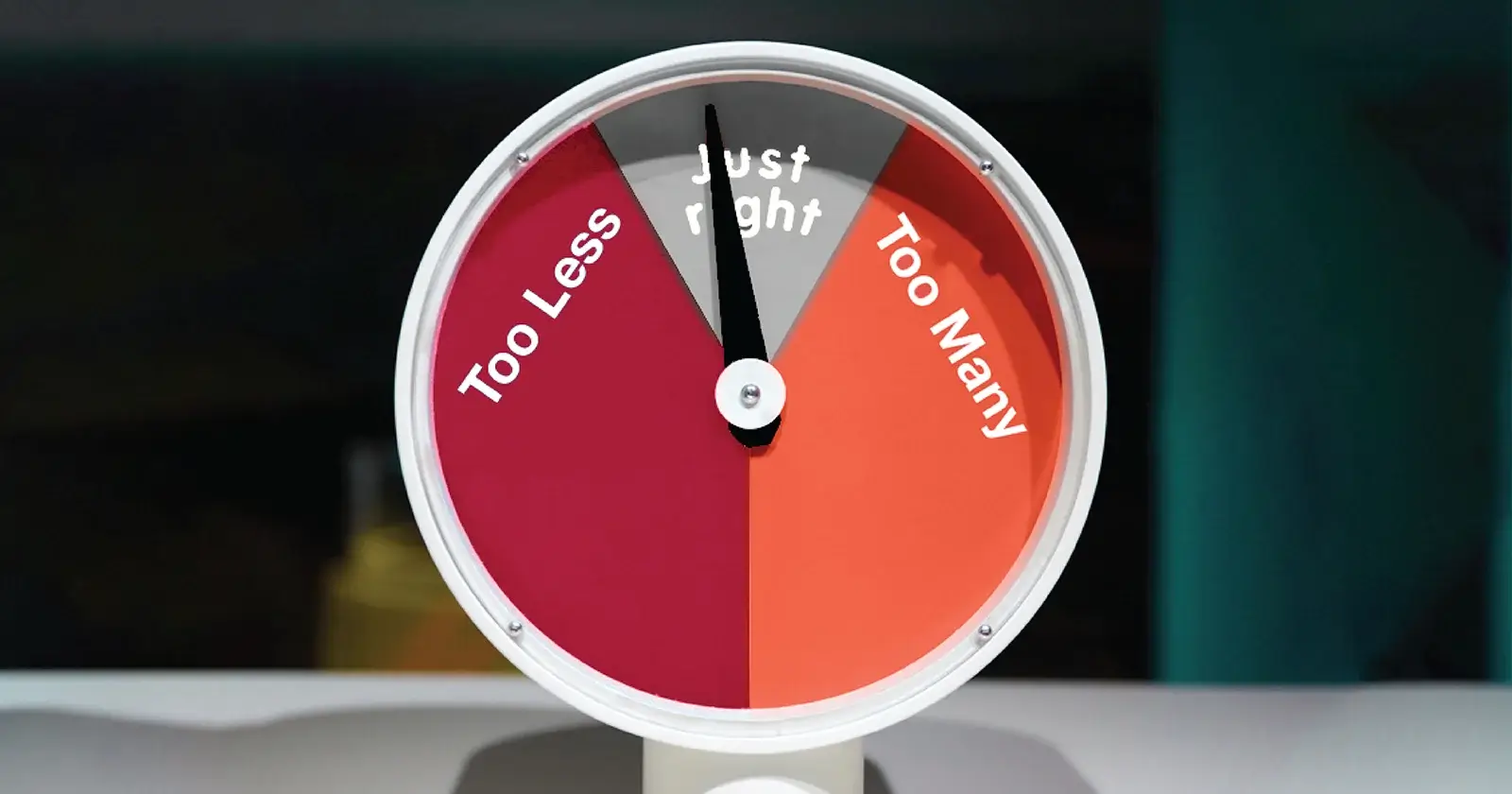Banks have become an integral part of our business, professional and personal life, facilitating almost all our monetary transactions. Many people prefer maintaining multiple accounts for different purposes. Holding too many accounts or too few accounts are both difficult situations to be in. Here, we will discuss some of the problems associated with having too few or many bank accounts, and the ideal number of bank accounts one must have.
Too few bank accounts
Many people have a single bank account for both their business or professional and personal transactions. Usually, if they are on a payroll, they don’t even prefer opening a separate account. A single bank account can create the following difficulties:
- Difficulty in savings: If you use a single bank account for all your transactions, most of your income would be spent without you even realizing it.
- Loss of funds: If you have to keep all your balance and savings in a single account, you need to be careful with ATM cards and cheque books. Apart from online frauds, debit cards and signed cheques could be the reason that you might lose your entire savings in the blink of an eye.
- Increased charges: Services like withdrawal from ATMs are free only up to a certain limit, after which charges are levied. With a single bank account, you might end up paying excessive ATM usage charges as you would be repeatedly withdrawing cash from the same account.
Too many bank accounts
Difficulties of having too many bank accounts include:
- Bank charges: More bank accounts means extra charges, including SMS charges, ATM card charges, cheque books, online transactions, etc. It will become difficult to keep track of all the charges for all your different accounts.
- Blockage of funds: Almost all bank accounts entail a minimum balance requirement, not fulfilling which, attracts a penalty. Those with multiple bank accounts are forced to have a significant amount blocked as the minimum amount required collectively for all those accounts.
- Compliance difficulty: Certain legal compliances are tied to bank account details. For instance, for filing income tax returns, you need to go through your bank statement to scrutinize the transactions undertaken during that particular financial year. Having multiple accounts makes this process more cumbersome. Also, if you have multiple SIPs and EMIs, tied to different bank accounts, it will result in a lot of confusing details that you have to be mindful of and you may end up accidentally skipping.
- KYC update: Bank accounts become inoperative if transactions are not done for a prolonged time period. As per the figures reported by Economic Times4 and Financial Express1, there are a total of Rs 82,000 crores lying unclaimed in banks and insurance products. These are normally inactive accounts. You will have to update your KYC for reactivating such accounts. Also, any changes in the KYC details will have to be updated for all your bank accounts.
What’s the solution?
Ideally, three bank accounts in the name of a single person are enough. Let’s see how you can route all your transactions with three accounts.
- Current or Salary account
If you are self-employed or a businessman, then opening a current account becomes a necessity. Undertake all your business and professional transactions through this account and refrain from doing it for any personal transactions. If you are a salaried person, the company you work for will probably open a salary account to credit your monthly income. Use it exclusively for this purpose.
- Personal savings account
This is the account that you should use for personal banking transactions. Refrain from doing business transactions through this account as much as possible. This account will also take care of all your EMIs and SIPs. This will help you fulfill all your monthly commitments and you can track your spending habits through it.
- Emergency fund account
This account should solely be maintained for holding emergency funds meant to be used in urgent situations. As a thumb rule, your emergency fund should include money sufficient to cover 6-8 months of your monthly expenses. Until you can build this amount, keep transferring a portion of your income to this account. Once you have collected a sufficient amount of money in this account, use it only to the bare minimum extent, just enough to keep your account active.
You can also invest this savings in multiple avenues. Future Generali India Life Insurance has various insurance products that suit the specific needs and risk appetite of different types of investors. Guaranteed plans ensure regular flow of income when your active income ceases for reasons like layoffs, medical concerns etc. This can support you financially till your active income resumes. Therefore, guaranteed plans can be a great emergency fund option in your portfolio.



Comments
R
A